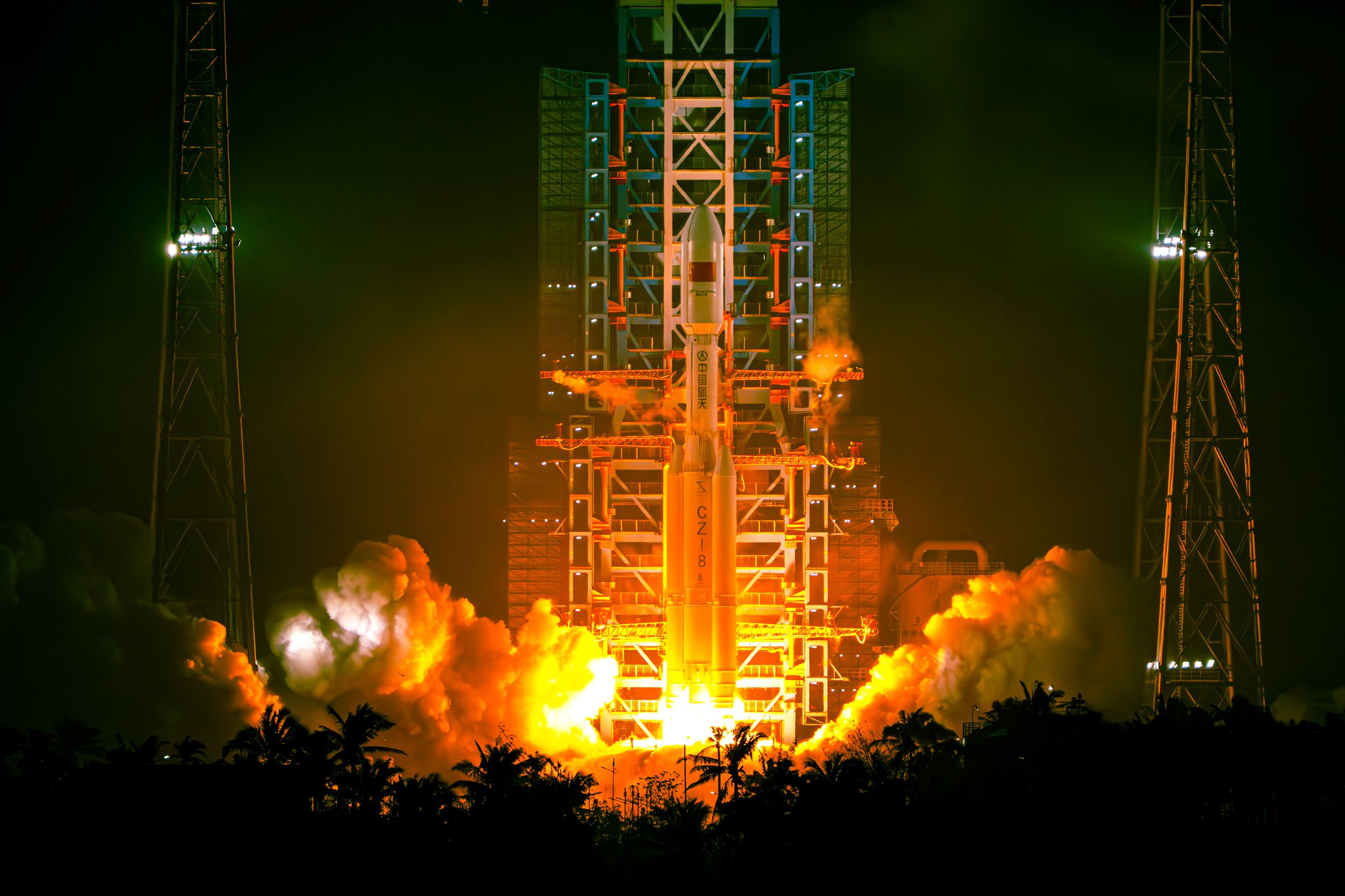The Climate Crisis Threatens Supply Chains. Manufacturers Hope AI Can Help
The Climate Crisis Threatens Supply Chains. Manufacturers Hope AI Can Help
As the effects of climate change become more pronounced, supply chains around the world are facing unprecedented challenges. Extreme weather events, natural disasters, and shifting climate patterns are disrupting the flow of goods and materials, leading to delays, shortages, and increased costs for manufacturers.
In response to these challenges, many manufacturers are turning to artificial intelligence (AI) to help them adapt and mitigate the impact of the climate crisis on their supply chains. AI can analyze vast amounts of data in real-time, helping companies predict and respond to climate-related disruptions more effectively.
By leveraging AI-powered analytics and forecasting tools, manufacturers can better assess risks, optimize inventory levels, and improve the resilience of their supply chains in the face of climate-related challenges. AI can also help companies identify opportunities to reduce emissions and minimize their environmental impact.
One of the key benefits of using AI in supply chain management is its ability to make proactive and data-driven decisions, rather than reacting to disruptions after they occur. This can help companies minimize losses, maintain customer satisfaction, and ensure the continuity of their operations in the face of a changing climate.
However, implementing AI technologies in supply chain management also comes with its own challenges. Companies must invest in the necessary infrastructure, data analytics capabilities, and workforce training to fully harness the potential of AI for climate resilience.
Despite these challenges, the promise of AI to help manufacturers adapt to the climate crisis and build more sustainable and resilient supply chains is driving significant interest and investment in the technology. As the impacts of climate change continue to intensify, AI is likely to play an increasingly important role in helping companies navigate the challenges ahead.
In conclusion, the climate crisis poses a serious threat to global supply chains, but manufacturers are hopeful that AI can help them navigate these challenges more effectively. By leveraging AI technologies to enhance their supply chain management practices, companies can not only mitigate the impact of climate change but also improve their overall operational efficiency and sustainability.





